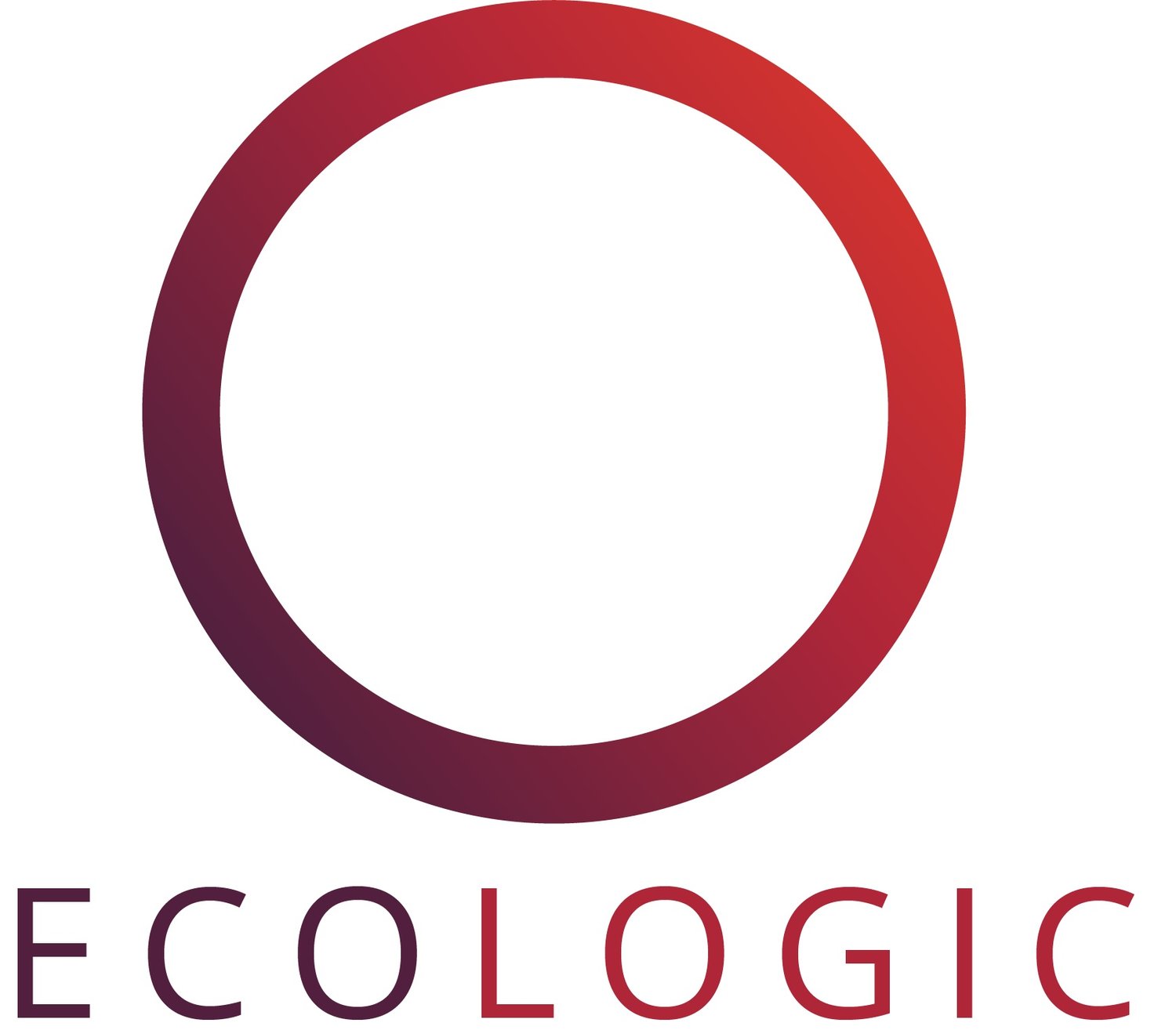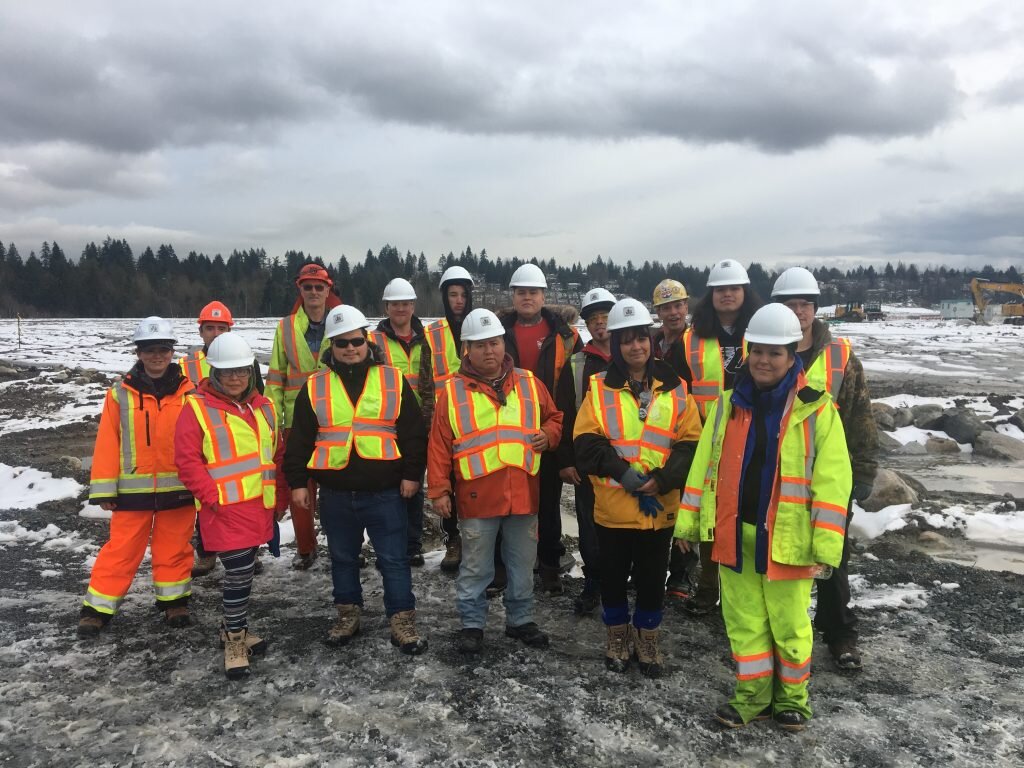TRAINING & CAPACITY DEVELOPMENT
PHILOSOPHY
At EcoLogic, we focus on strengthening skills, competencies, and abilities through training programs that create meaningful opportunities for participants. We strive to empower individuals to recognize their potential as we provide transferable skills that can be used throughout life, in employment and community endeavours. Invariably we have had the good fortune of working with a variety of peoples and communities who already have the most important skill required to be an effective environmental collaborator: a passion for the land.
We view training as a two-way relationship. This can include shared knowledge regarding an area, a new perspective on how to approach an issue, or a new skill regarding how to read the landscape. EcoLogic/ Onsite can provide training that leads to real employment opportunities and careers. With respect to the engineering side of our business, we can provide training in technical skills such as surveying and structural assessment.
ARCHAEOLOGICAL AND CULTURAL MONITORING
EcoLogic has partnered with Squamish Nation. Our archaeological team is currently working this Squamish Nation to provide skills and training for those who wish to work with cultural heritage. We offer Resources Information Standards Committee Archaeological and CMT Inventory Training for Crew Members (RISC) courses as well as other specialized training as requested. EcoLogic’s archaeological team believes that working closely with the First Nations communities whose cultural heritage we study is essential.
EXPERIENCE
EcoLogic has experience in a wide array of training and capacity-development initiatives, such as:
Squamish Nation Training and Trades Center – Environmental Monitoring. Our focus is on strengthening the individual’s ability to identify and monitor environmental processes as they relate to development and design.
Splitrock Environmental – British Columbia Capacity Initiative. EcoLogic provided project management and ecosystem classification training to facilitate identification of potential knowledge gaps within the current land and resources databank.
Kwantlen Polytechnic University – Development and delivery of Kwantlen Polytechnic University’s Environmental Monitoring Technician course. This course was delivered several times to Lower Mainland students from the Squamish, Burrard, Musqueam, and Sto:lo First Nations.
?Esdilagh First Nation – EcoLogic provided on-the-ground training in the collection and processing of plant-tissue and water sample collection for assessment of contamination
Saulteau First Nation – The training of Saulteau members in post-construction mortality monitoring at operational wind farms enabled participants to better capitalize on near- and mid-term employment opportunities within Saulteau traditional territories.
British Columbia Wildlife Federation and Splitrock Environmental – Map Our Marshes in Lillooet. This program trains members of the St’at’imc Nation to conduct wetland inventory and assessment in order to raise awareness about wetland types, distribution, functions, and rarity in the region.
BC Wildlife Federation – QGIS workshop, Selkirk College. EcoLogic taught a free course on introduction to GIS and wetland delineation and mapping to members of community groups, college students, and resource professionals.
BC Wildlife Federation, District of Squamish and Slocan River Streamkeepers – EcoLogic provided free wetland inventory and mapping courses for community groups, local government, and resource professionals.
Discover Islands Ecosystem Mapping Project – EcoLogic taught ecosystem classification and Sensitive Ecosystem Inventory Mapping field sampling to members of the community and community groups on Quadra, Cortes, Read, and Sonora Islands.
“In my mind, the most important part of any training and capacity development is to connect people with purpose. We have the ability to teach a variety of topics, but more importantly, strive to understand and help create goals for the individuals. Through this, we better understand where their interests lie and can facilitate training opportunities that connect with purpose.”
– Natasha Bush, Ecologist and Project Manager



